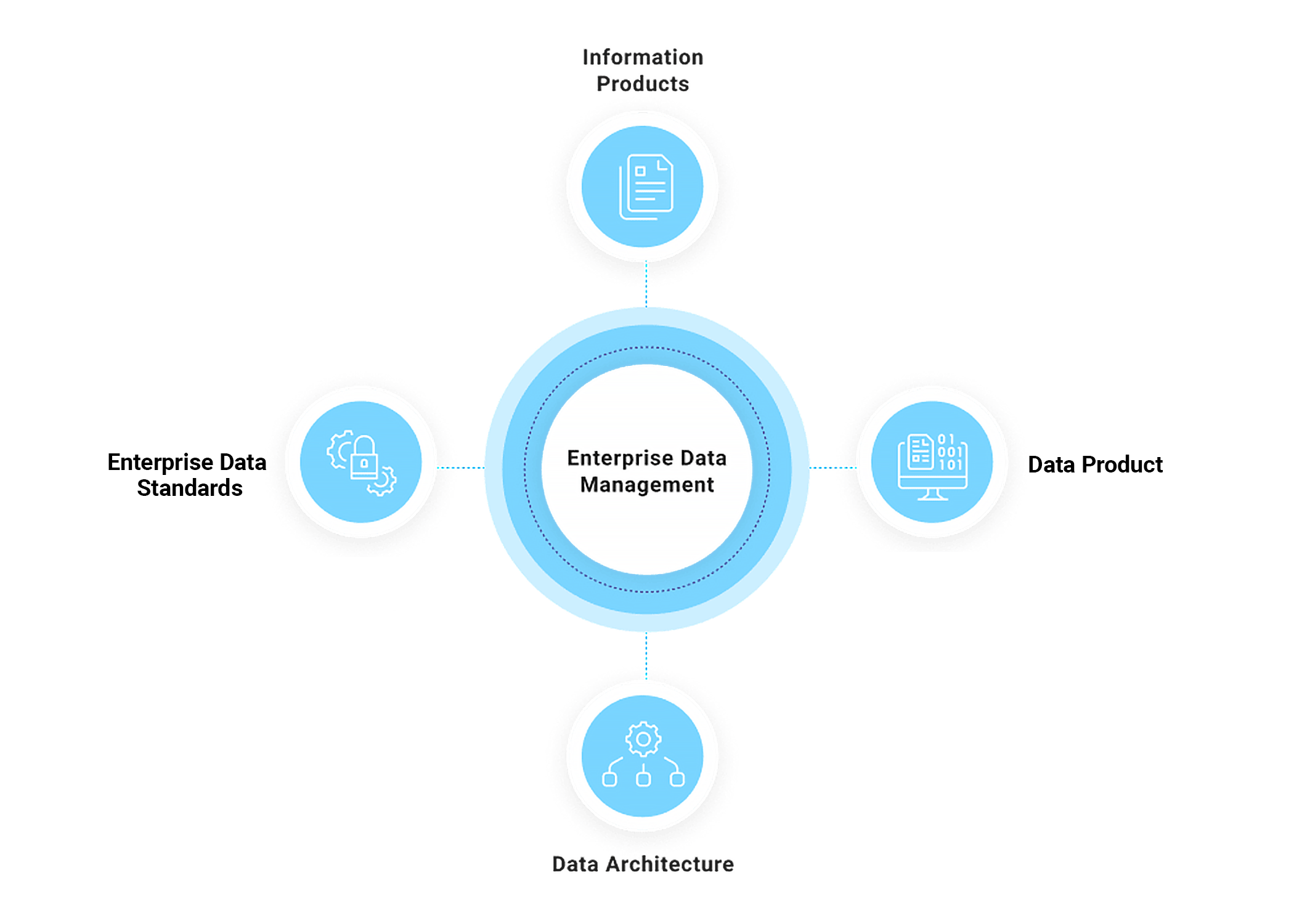
____ Why Metadata is important
“Metadata, I’ve heard this term many times, but I’m not exactly sure what it is. I assume it’s a critical concept for us to consider as we embark on this journey to establish a robust platform to deliver the data and information we need to run our organisation effectively. But how important is it and how do we manage this?”




